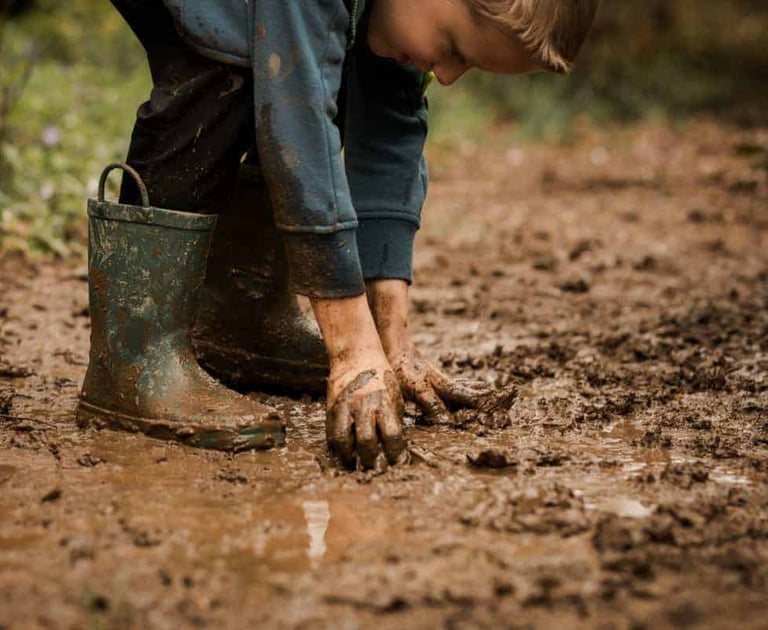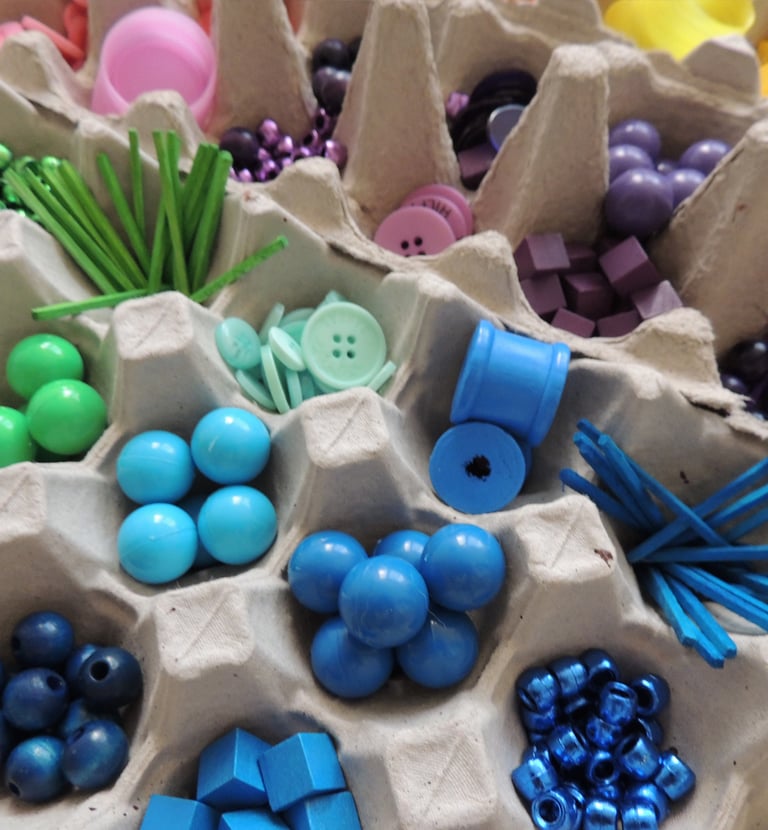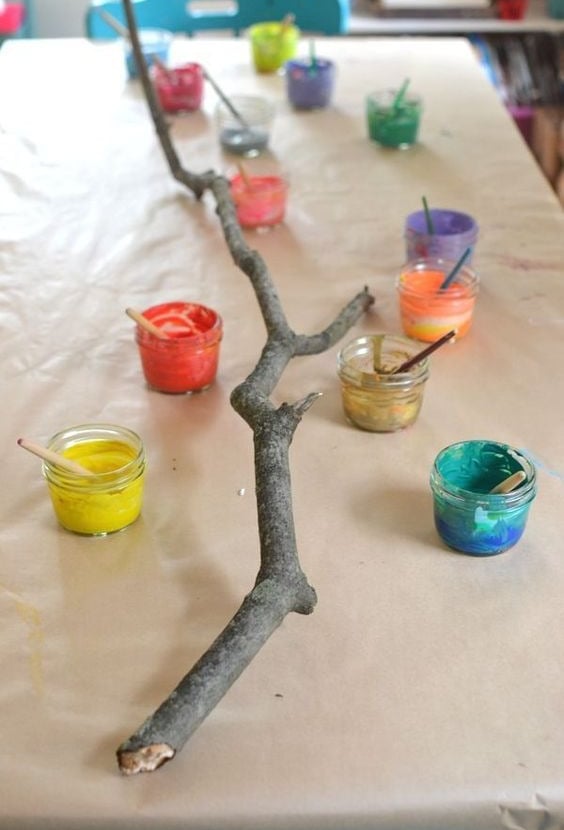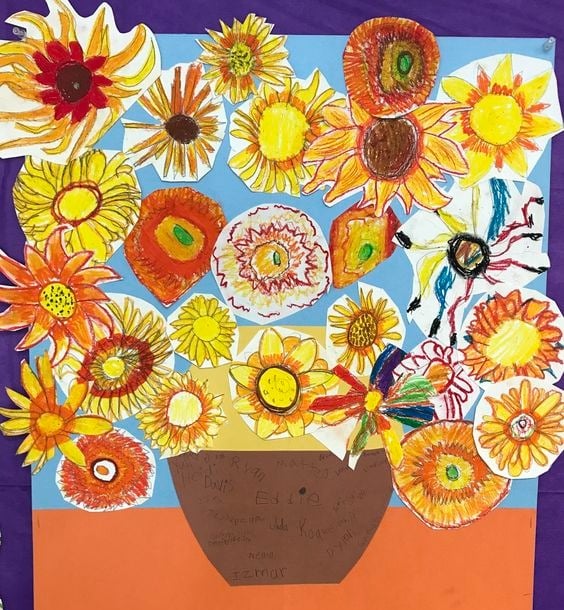
Reggio Emilia Approach
The Reggio Emilia Approach is an innovative and highly regarded educational philosophy for early childhood education that originated in the town of Reggio Emilia, Italy, after World War II. Developed by educator Loris Malaguzzi and parents in the community, this approach is characterized by several key principles and values:
Image of the Child
Reggio Emilia sees children as competent, curious, and capable individuals. The approach recognizes and values each child's unique abilities and views them as protagonists in their own learning journey.


Collaboration
The Reggio Emilia Approach emphasizes collaboration among children, teachers, and parents. It sees learning as a social, interactive process where children learn through relationships and interactions with others.



The Role of the Environment
The learning environment is considered the "third teacher" in Reggio Emilia. Classrooms are carefully organized and aesthetically pleasing, with natural light, open spaces, and a variety of materials that encourage exploration and creativity.
Project-Based Learning
Learning in Reggio Emilia is often organized around long-term projects that emerge from the interests of the children. These projects are seen as a way to integrate various subjects and develop a deep understanding of concepts.







Documentation
Teachers in Reggio Emilia engage in ongoing documentation of children's learning experiences. This can include photographs, written observations, and displays of children's work, providing a way to track and share the progress of projects and individual development.
The importance of the Reggio Emilia Approach in early childhood education lies in its holistic and child-centered nature. Here are some key points highlighting its significance:
Child-Centered Learning: The approach places the child at the center of the learning process, promoting autonomy, curiosity, and a love for learning.
Critical Thinking and Problem-Solving: Project-based learning encourages critical thinking, problem-solving, and the development of cognitive skills in a meaningful context.
Social and Emotional Development: Collaboration and interaction with peers and adults contribute to the social and emotional development of children, fostering positive relationships.
Creativity and Expression: The rich learning environment and emphasis on the arts promote creativity, self-expression, and the development of multiple intelligences.
Respect for Diversity: The Reggio Emilia Approach values diversity and encourages children to explore and appreciate different perspectives, fostering a sense of respect for others.

If you would like to learn more about the Reggio Emilia Approach check the links below:
Location
3827 Charlton Drive, Qualicum Beach, BC, Canada, V9K 1Z3
Contacts
fernflowernatureschool@gmail.com
+1-250-299-2054
Subscribe to
our Newsletter


